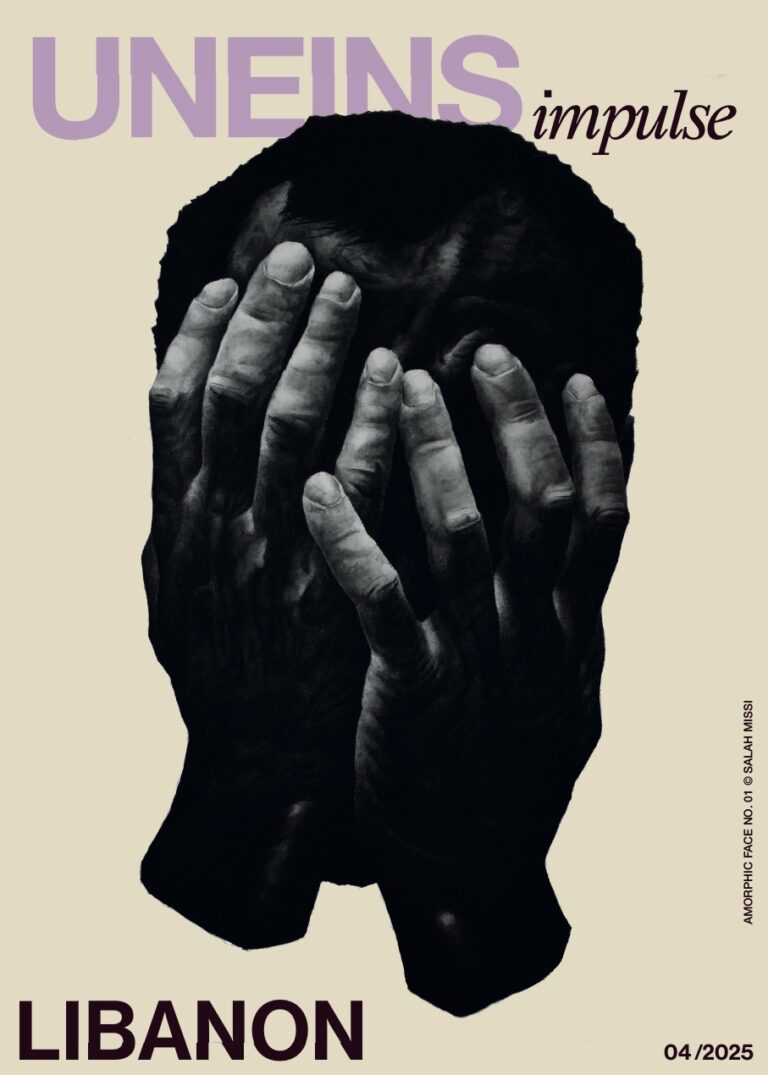Artikel #1
Libanon: Ein Land der Widersprüche
„Wer glaubt, er habe den Libanon verstanden, dem hat man ihn nicht richtig erklärt“, lautet ein berühmtes libanesisches Sprichwort. Denn was heute gilt, könnte schon morgen wieder anders sein. Libanon ist ein Land geprägt von Widersprüchen, traditionell und modern, vermeintlich zersplittert entlang religiöser Linien und doch säkular, mit einer Hauptstadt, die sich jung und kraftvoll …
